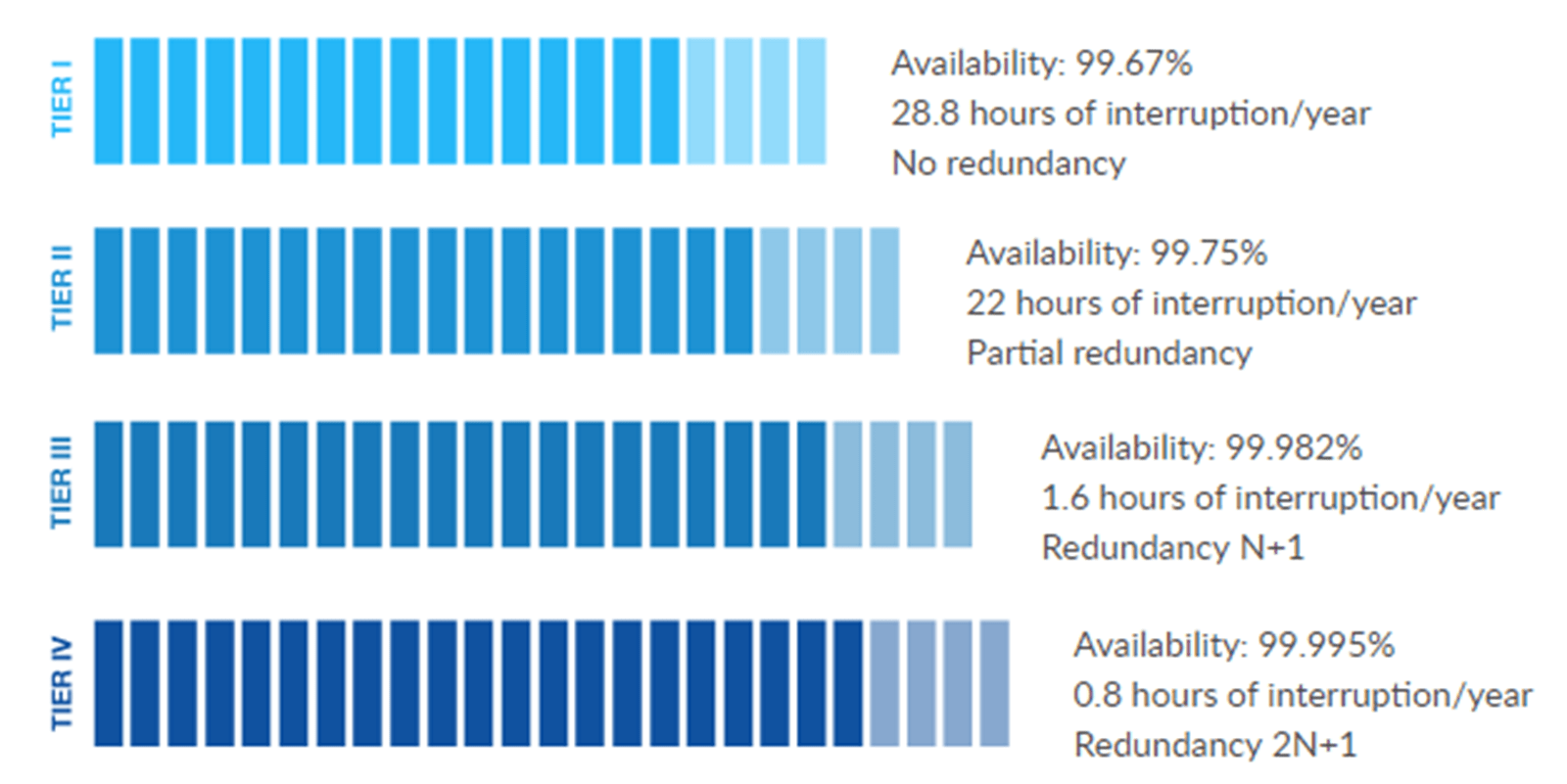Internet-based services & apps in Uganda are usually evidenced with a little high subscription rates and transaction associated costs. As internet usage in Uganda has grown by a record of 100% over the last 10 years, the need for much reliable and bullet fast services checks in as a solution to the high demand. Even when several internet powered services like ride-hailing apps hike prices in a bid to cover the costs, this could soon be no more with a tier III data center in Uganda.
After several months of an alleged launch in Uganda, Raxio which doubles as a Roha American powered firm unveiled its plans to build the first ever tier III level data center in Uganda. Unlike telecom affiliated data centers which are centralised to private data services and mainly limited to a particular telco as MTN Uganda recently battled up with officials over its Kampala based center. A public data center would cut down all costs by internet services such as Jumia in a bid for local solutions.

CREDIT: OVH
While Raxio will be powering the multi-million dollar enterprise in Wakiso. The data center will be open for all public and private sectors implying that the cost of purchasing expensive slots in countries like Kenya housing EADC (East African Data center) would be Zeroed down to a favorable, yet fully redundant local alternative.
The role of a Tier III data center and how it will cut down costs by service providers
Imagine if an e-commerce like Amazon, Ebay or Aliexpress had Its data & servers housed in Uganda? This would trigger the birth of free shipping Zones and low service costs to buy products online. However, as various private companies host their services outside the country yet inexpensive zones, the cheaper alternative by Raxio means affordable rates by providers at a 99.98% tier III uptime.

Although Raxio has turned out to be the first ever tier III version in Uganda amidst several tier II versions in Uganda. The impact of a 99.98% uptime may spark off more innovations by Internet-powered startups acting as another breeding ground alongside several incubators. Henceforth, as we’ve seen external hailing firms like Uber & Taxify expand to Uganda with a clear external base, the reliability by a new data center would mean a cut down of the costs by external sourcing providers.

